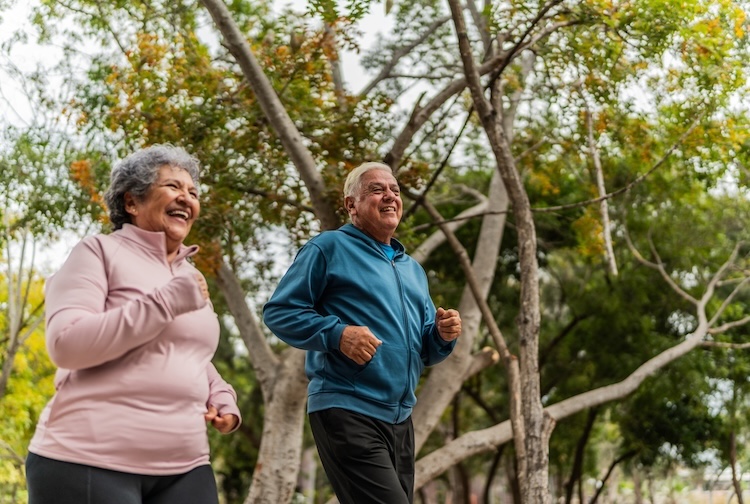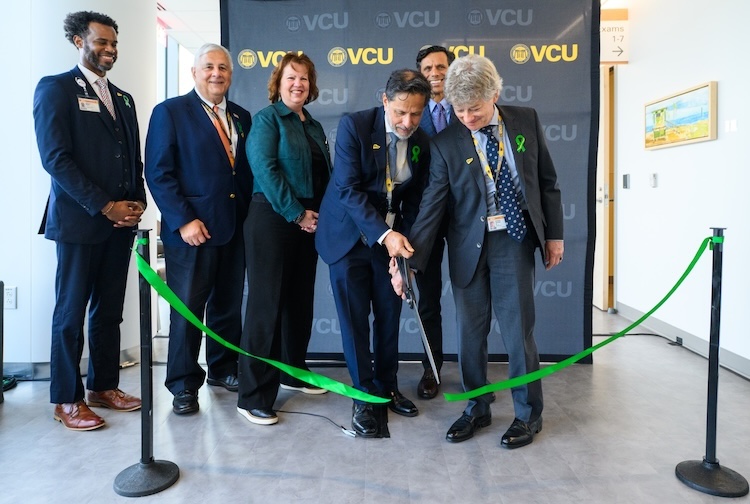Hume-Lee Transplant Center marks record year of saving lives
Modifications put in place to overcome COVID challenges.
January 26, 2021 Photo: Getty Images
Photo: Getty Images
By Jeff Kelley
Even in the face of historic disruptions, VCU Health's Hume-Lee Transplant Center performed more solid organ transplants in 2020 than in any other year in its 64-year history.
Hume-Lee — which consistently ranks among the nation's leading and most surgically advanced transplant programs — performed 459 transplants in 2020, eclipsing its 2019 record of 434. Patients received 287 kidneys, 135 livers, 31 hearts and six pancreases in procedures all performed against the backdrop of a raging global pandemic and exhausted but dedicated health system staff.
“We knew that our patients and community were counting on us,” said Dr. Marlon Levy, chair of the Division of Transplant Surgery and director of the Hume-Lee Transplant Center.
After the World Health Organization declared COVID-19 a global pandemic on March 11, 2020, VCU Medical Center began implementing strict new rules to limit the number of people in its facilities. These rules were designed to avoid any possible exposure to COVID-19 patients. Most elective appointments and procedures were put on temporary hold.
To avoid any confusion about which procedures could proceed and which should be postponed, the Centers for Medicare and Medicaid (CMS) in April listed transplantation among those services that were essential and permitted, along with trauma, cardiac care and threatened limbs.
Transplants never stopped at Hume-Lee
In spite of the challenges presented by COVID-19, the Hume-Lee team never stopped treating and transplanting patients in 2020, even amid statewide surges of COVID-19.
“Our patients still needed transplants, even in the pandemic. That need didn't stop. The team acted quickly to ensure our patients were safe and getting the live-saving care they needed. And we did so with some modifications,” Levy said.
Those modifications included:
- Telehealth visits replaced on-site visits, if possible
- Many pre- and post-transplant labs, usually performed on-site at VCU Medical Center, were done off-site.
- Live-donor transplants were briefly put on hold except in urgent cases of hardship, including a child who urgently required a kidney. Even with this brief pause, the team managed to rank 6th in the United States for living-donor liver transplants, with safe and effective protocols for both donors and recipients.
- Immunosuppressant medications — given to transplant recipients to help their bodies accept their new organs - were reduced to ensure patients would remain strong enough to battle the deadly coronavirus, if they became infected.
These modifications — and the speed with which they were implemented — allowed the transplant center to safely continue performing transplants.
Deceased donor transplants can never wait
Hume-Lee continued to transplant kidneys, livers and hearts from deceased donors, as organs have only a short timeframe of viability after removal from the donor. If the organs aren't transplanted within a certain number of hours, they won't function. Patients could die waiting for a transplant, which is top of mind at Hume-Lee. The center cares for some of the country's sickest patients, including some who've been turned down at other centers.
“We care for patients with compassion and use innovation to grow and save as many lives as possible each year,” Dr. Levy said.
And with 2021 off to another challenging start, the team looks forward to marking another year of innovation, growth and saving lives.




